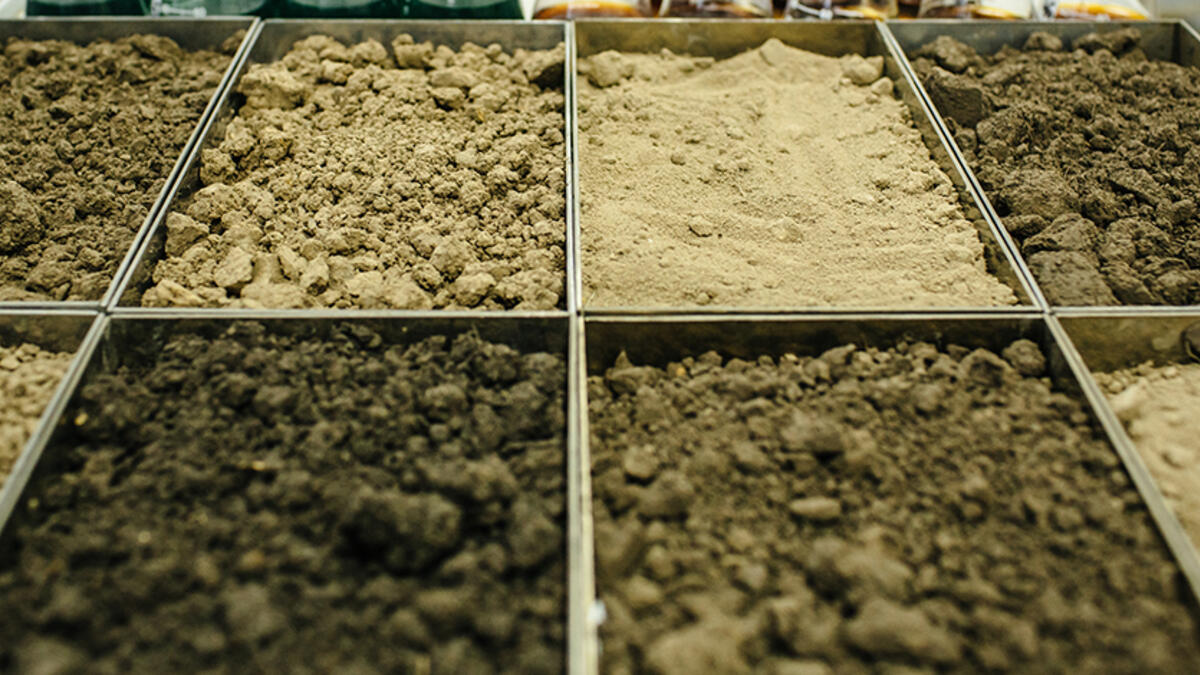New study shows soil as significant carbon sequestration driver

Shutterstock
As harmful atmospheric carbon dioxide levels continue to increase, understanding the planetary carbon balance has become the single most important scientific question.
A new report by two leading ecological scientists at Arizona State University quantified the global soil carbon sequestered by roots plus the amount leached into the soil. They revealed that climate and land-use are major influencers of belowground carbon sequestration. The study, “Global patterns and climatic controls of belowground net carbon fixation,” also found that the amount of carbon sequestered belowground changes with precipitation but its effect varies among large vegetation types
Global Drylands Center founding director and Julie A. Wrigley Chair, Regents and Foundation Professor Osvaldo Sala and research associate Laureano Gherardi collaborated on the paper, published in August with Proceedings of the National Academy of Sciences. Using a newly developed novel approach to measuring carbon sequestration, the duo discovered that belowground productivity of carbon sequestration accounted for nearly 46% of the planet’s total fixation.
“This work is important in the pursuit of better understanding of the global carbon balance and its drivers and how it responds to climate change,” Sala said. “This new approach provides a comprehensive global quantification of root productivity that will help in modeling the global carbon cycle and perhaps lead to new innovations around approaches for carbon removal.”
The ASU Global Drylands Center is a unit of the Global Institute of Sustainability and Innovation within the Julie Ann Wrigley Global Futures Laboratory.
More Environment and sustainability

A 6-month road repair that only takes 10 days, at a fraction of the cost? It's reality, thanks to ASU concrete research
While Arizona’s infrastructure may be younger than its East Coast counterparts, the effects of aging in a desert climate have…

Mapping DNA of over 1 million species could lead to new medicines, other solutions to human problems
Valuable secrets await discovery in the DNA of Earth’s millions of species, most of them only sketchily understood. Waiting to be…

From road coatings to a sweating manikin, these ASU research projects are helping Arizonans keep their cool
The heat isn’t going away. And neither are sprawling desert cities like the metro Phoenix area.With new summer records being set…

